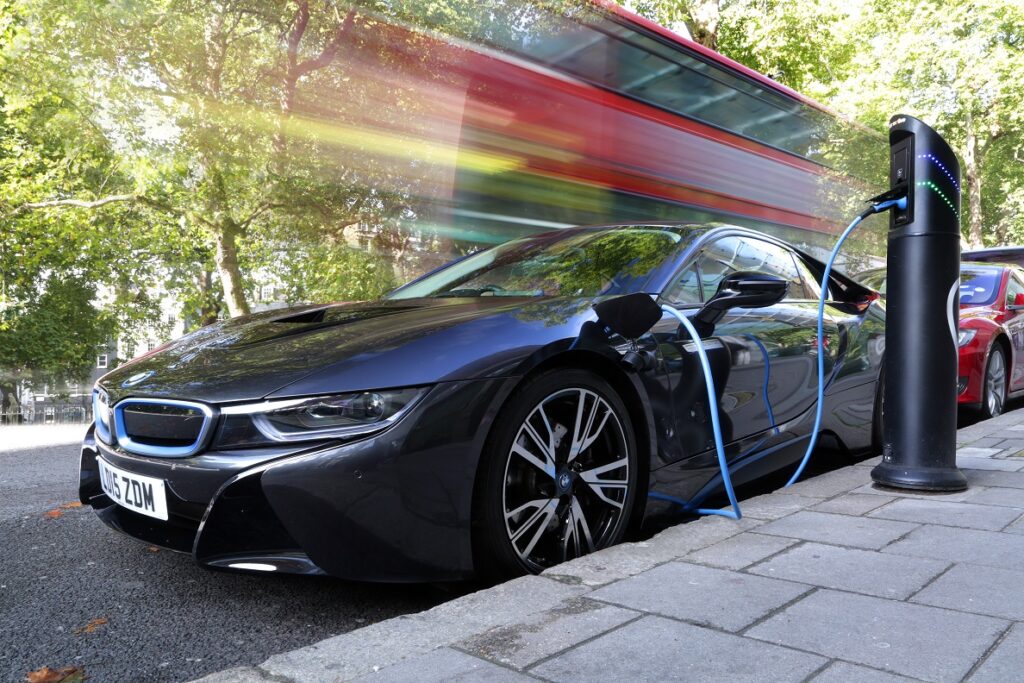The Climate Group wants to bring about the introduction of more than 2 million new electric vehicles by 2030, led by major global businesses, in a bid to stimulate the “EV revolution”.
The ambitious targets have been set within its maiden progress report from its EV100 initiative, established last year to drive a more concerted market shift to electrified transport.
The EV100 follows on from similar initiatives launched by The Climate Group like the RE100, which was launched to help stimulate global businesses shifting their energy consumption to renewable resources.
In today’s progress report The Climate Group points towards more than 30 leading companies, with combined revenues of more than US$500 billion (£438 billion), that have signed up to the EV100 initiative, and includes commitments from 23 of those.
Together, they are introducing more than 145,000 electric vehicles to their fleets in 66 individual markets.
French energy major EDF, for instance, is to introduce some 31,000 electric vehicles to its fleet by 2030 – 27,000 of those in France alone – while Ingka Group, formerly IKEA, is to embark upon a mass upgrade of its vehicle fleets to electric alternatives.
Yannick Duport, director of EDF Group’s mobility unit, described the EV100 initiative as an “extraordinary catalyser” for clean transport.
EV market barriers
However the report also looked to explore the barriers to the EV transition, seeking insight from some of its member companies. They concluded that while the most prolific barrier was perceived to be a lack of charging infrastructure, more companies regarded the capital cost of EVs to be a “very significant” barrier than any other, indicating that costs may still have to decline further before more companies make similar commitments.
Nevertheless, Helen Clarkson, chief executive at The Climate Group, said forward-thinking companies were now “getting ahead of the curve” by adopting vehicles long before international phase-outs of conventional vehicles are brought into action.
“The private sector has an instrumental part to play in bringing down emissions and cleaning up our air – and there are big opportunities for companies taking action now,” she said.
Despite strong opposition, the UK government has stood by its 2040 phase-out date for the sale of new conventional vehicles. Last month the BEIS Select Committee once again called out the government for a lack of ambition in the EV sector, pointedly referring to other nations – least of all Scotland – which have established more ambitious targets.
Scotland is to phase out the sale of new conventional vehicles by 2032, while Norway is to prohibit the sale of petrol and diesel cars by 2025.





